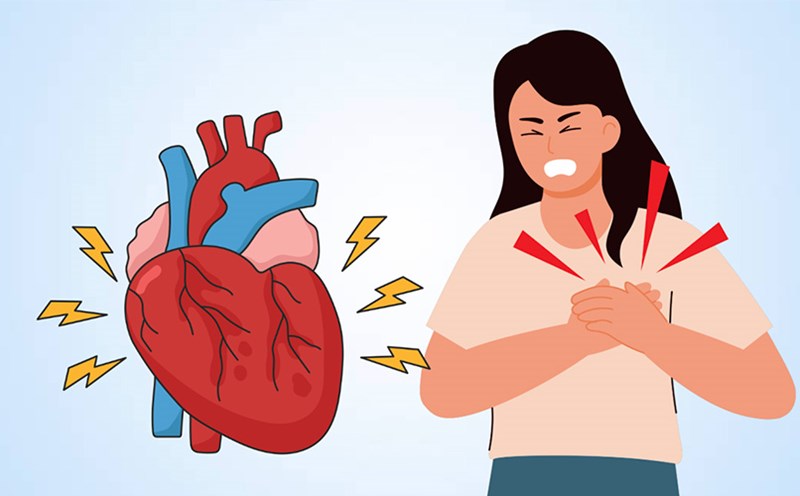According to Dr. Vikas Yadav, Senior Consultant, Department of Obstetrics and Gynecology & IVF Experts, ShardaCare-Healthcity - Noida (India), in addition to age, women's fertility is also greatly affected by lifestyle, nutrition and overall health. Taking the initiative to take care of your health can increase your chances of conceiving and getting pregnant healthily.
Reproductive support diet
Eat foods rich in antioxidants: Fruits, vegetables, nuts and whole grains are rich in vitamins C, E, folate and beta-carotene, which help protect egg cells from damage.
Choose complex carbohydrates: Whole grains, sweet potatoes and oats help maintain stable insulin levels, supporting the ovulation process.
Prioritize plant-based protein: Beans, lentils, and seeds help reduce the risk of infertility due to ovulation lower than animal protein.
Choose healthy fats: Omega-3 fatty acids in salmon and olive oil support egg quality and reproductive health.
Increase fiber: Whole grains, fruits and vegetables help regulate blood sugar levels and aid digestion.
Reasonable physical training
Exercise moderately: Brisk walking, swimming, and yoga help improve insulin sensitivity, reduce stress, and regulate the menstrual cycle.
Avoid too much exercise: Exercising too much can disrupt ovulation and reduce progesterone levels.
Maintain a healthy weight: Being overweight or underweight can affect ovulation and the menstrual cycle.
Manage stress
Practice relaxation skills: Meditation, breathing exercises, and yoga help reduce stress and balance hormones.
Receive support: talk openly to your partner, seek support groups or seek professional therapy to address the emotional impact of trying to conceive.
Prioritize sleep: Get seven to eight hours of sleep each night to balance stress hormones.
Proper nutritional supplementation
Folic acid: Start taking 400 micrograms of folic acid per day at least one month before conception and continue for the first 12 weeks of pregnancy.
Vitamin D: Adequate vitamin D levels will correlate with increased pregnancy rate.
Omega-3: If your fatty fish nutrients are not enough, take omega-3 supplements containing DHA.
Iron and zinc: Essential for healthy egg development and reproductive health.
Changing bad habits
Quit smoking: Smoking significantly reduces a woman's ability to conceive and causes the ovaries to age too soon.
Limit alcohol: It is best to stay away from alcohol completely while trying to conceive, as alcohol can prolong the gestational period and pose many risks during pregnancy.
Moderate caffeine consumption: There is no close link between moderate caffeine consumption and infertility, but it is best to limit consumption below 200mg per day.
Stay away from toxic chemicals: Be careful to avoid exposure to toxic chemicals, pesticides and toxins in the environment at home and at work.
Preventing untreated STI: Avoid untreated STI such as chlamydia and smuggling, which are leading causes of infertility. Having safe sex and having regular health check-ups.











